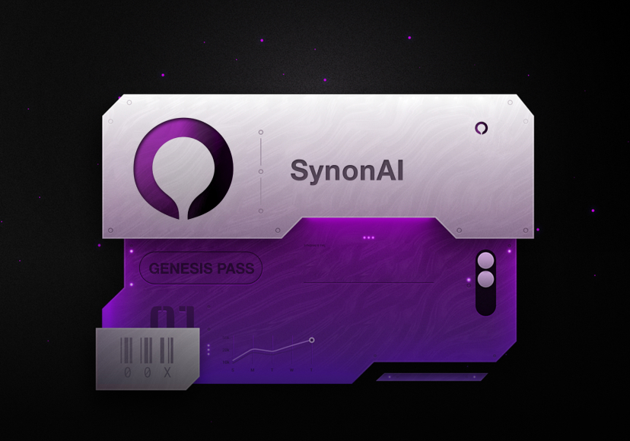SpoonOS, a revolutionary operating system for AI Agents, has launched on the Neo blockchain, aiming to overhaul the Web3 economy, as announced on April 17, 2025. The AI Agent platform allows developers and users to create, deploy, and manage autonomous AI Agents that drive crypto transactions, DeFi protocols, and decentralized applications. By resolving scalability and integration challenges, SpoonOS positions itself as a cornerstone for next-generation blockchain-based AI innovation. This article explores the AI Agent solution, its capabilities, and its potential to reshape the crypto ecosystem.
What Makes SpoonOS AI Agent Unique?

The SpoonOS AI Agent platform is a Web3 operating system on Neo blockchain, designed to support autonomous AI Agents that perform complex tasks like trading, risk management, and asset optimization. Unlike standard chatbots, AI Agents leverage machine learning and deep learning to adapt, learn from data, and make independent decisions. This enables seamless integration with DeFi protocols and blockchain ecosystems, enhancing efficiency and scalability.
SpoonOS addresses key blockchain obstacles, including high transaction costs and slow processing speeds, which hinder AI Agent adoption. By utilizing Neo blockchain’s high throughput and low fees, SpoonOS ensures AI Agents can process thousands of interactions without performance issues, making it a groundbreaking solution for crypto applications.
Boosting the AI Agent Economy
The AI Agent platform promotes a decentralized economy where developers can create AI Agents for diverse use cases, such as automated trading and community governance. For example, AI Agents can analyze market data, execute crypto trades, or manage DeFi portfolios with accuracy. This flexibility attracts developers seeking innovative Web3 solutions, fueling the SpoonOS ecosystem’s expansion.
SpoonOS employs a tokenized incentive model, rewarding developers and users for platform contributions. Staked tokens provide access to computational resources, enabling AI Agents to handle tasks efficiently. This economic model aligns with successful blockchain initiatives, establishing SpoonOS as a leader in the AI Agent economy, as supported by CoinGecko market trends.
Tackling Blockchain Challenges
Scalability remains a significant hurdle for AI Agents on blockchain networks. Current infrastructures struggle to process the high volume of interactions required by thousands of AI Agents, resulting in slow transactions and high costs. SpoonOS resolves this by leveraging Neo blockchain’s optimized architecture, which offers fast transaction finality and low fees. This allows AI Agents to operate effectively, even under heavy workloads.
Additionally, SpoonOS connects Web3 and Web2 ecosystems, simplifying integration for developers. While AI Agent technology is still developing, SpoonOS provides standardized tools to streamline creation, benefiting both experienced developers and newcomers in the crypto space.
Crypto Investment Opportunities
The SpoonOS AI Agent platform opens new avenues for crypto investors. By supporting AI Agents in DeFi, gaming, and finance, SpoonOS drives demand for its native tokens, potentially increasing their value. Investors can pursue staking opportunities to earn rewards while supporting platform growth. Projects like SpoonOS align with the rising popularity of AI Agent ecosystems, similar to platforms like Fetch.ai.
However, investors should exercise caution, as AI Agent technology is nascent, and Web3 regulatory uncertainties may present risks. Tracking market data on platforms like CoinGecko can help assess SpoonOS’s performance and adoption.
SpoonOS AI Agent’s Future Prospects
The launch of SpoonOS marks a pivotal moment for Web3 innovation. By combining AI Agents with Neo blockchain, SpoonOS offers a scalable, efficient platform for decentralized applications. As AI Agent adoption grows, SpoonOS could redefine interactions within crypto, DeFi, and blockchain ecosystems, fostering a vibrant Web3 economy. Crypto enthusiasts should monitor SpoonOS’s progress, as it may shape the future of decentralized AI.




